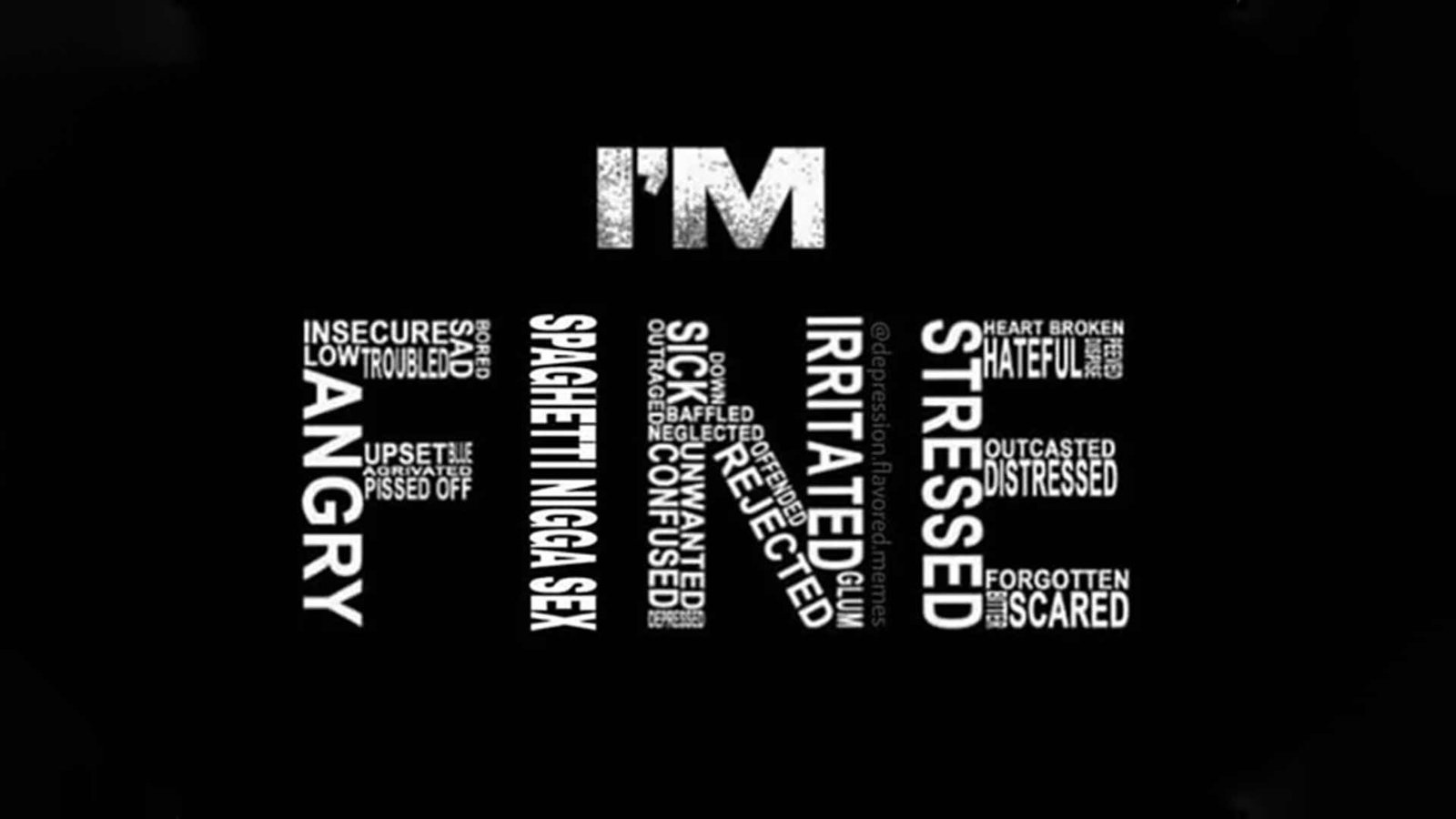
27 Jun Depression Counseling
What is Depression?
In the past few years, the terms “depression” and “being depressed” have become increasingly common while talking about mental health. This is within reason as depression is one of the most common mental health disorders and the fourth biggest cause of disability in the world. It is then quite alarming that many people still don’t fully understand or acknowledge the difference between depression and sadness. Sadness is one of the primary emotions that one experiences at times of death, loss or confusion, while depression is a mood disorder that intensely affects a person’s mood, causing them to experience intense and prolonged feelings of loss, sadness and considering self-harm or suicide. The mildest form of depression can completely consume a person’s life within just two weeks, affecting their social and professional life, while also reducing their overall functionality and quality of life.
How is depression Caused?
One of the most dreadful things about depression is how seamlessly it can manifest out of a tragic or traumatising event in a person’s life. There is no particular age at which depression specifically strikes, however it is seen to be more common in adults than children. And while we can’t draw up a sure-fire list of the causes of depression, we can pinpoint certain situations most commonly found as the cause of depression:
- Prolonged Illnesses- diseases that affect a person’s life for a long period of time and in a significant way, like cancer, diabetes, obesity, can lead a person to get depressed as they continue to get treated for the illness. The depression stems from the mental isolation caused by the disease, which causes the person to feel segregated from healthier people. Depression then increases the person’s feeling of helplessness and dread.
- Pregnancy- recently seen in newer mothers, certain aspects of pregnancy, like physical sickness, hormone imbalance and restrictions of diet can cause depression. This type of depression is called Perinatal depression, and can seriously affect the wellbeing of the mother, as well as increase dreadful thoughts about herself and the baby. One of the tricky things about this is the inability to treat the mothers with medication, as it may affect the baby, and must be dealt with by talk therapy alone.
- Traumatic events- Events like the death of a loved one, losing out on a job or simply substance abuse can lead to a person becoming depressed. This is highly subjective to the mental resilience of the person and the emotional intensity of the event. For example- losing a family member in an accident that you were a part of is much different from then passing away of old age. In such cases, people should try to get in touch with support groups and seek the help of counsellors to navigate through the events without becoming too disoriented.
Counseling depression

People suffering from mild forms of depression or simply experiencing sadness for a prolonged time can opt to see counsellors or psychologists. Counselling depression is essentially a short-term treatment of depression with the use of talk therapies, like cognitive behavioural therapy and interpersonal therapy. Cognitive therapy works along the lines of the patient and counsellor to trace a person’s thought process and realise the self-deprecating and negative thoughts in order to replace them with healthier and more constructive thoughts. Interpersonal therapy involves a counsellor trying to find the root of depression within a person by indulging in long sessions of talking about the person’s past traumatic experiences. Which therapy is the most appropriate for which person can be decided upon the discussion between the patient and the counsellor. Counselling at the right time can help prevent a more severe form of depression as well as treat depression completely.
Importance of Counselling
Many of us when faced with adversities on a mental level chose to go through them in solitude. That is a personal choice and a matter of a person choosing their boundaries. But we must stress the difference between boundaries and isolation. Depression works by increasing self-defeating thoughts in the mind, increasing the feeling of helplessness and abruptly making someone against speaking up about their problems. One must then try to seek help on either a professional or personal level as the feeling of isolation can be fatal. Some cases of depression can lead to the formation of other psychological disorders, like anxiety, psychotic depression and bipolar depression, due to prolonged exposure to depression and improper treatment of it. Substance abuse and suicidal tendencies also increase in such cases as people are filled with confusion and uncertainty and just want to ease the pain. One good measure to prevent depression is visiting the counsellor as and when you feel down, as well as being vocal about extremely emotional experiences with a confidant.
Lastly, it is important to realise that sadness and depression, while being separate experiences, are often intertwined. It is crucial to prevent an onset of depression upon a person, which can only be done by reaching out and getting help. Counselling depression is an effective way of treating depression in its initial stages to prevent it from getting too intense and affecting a person’s functionality for the long term.



No Comments